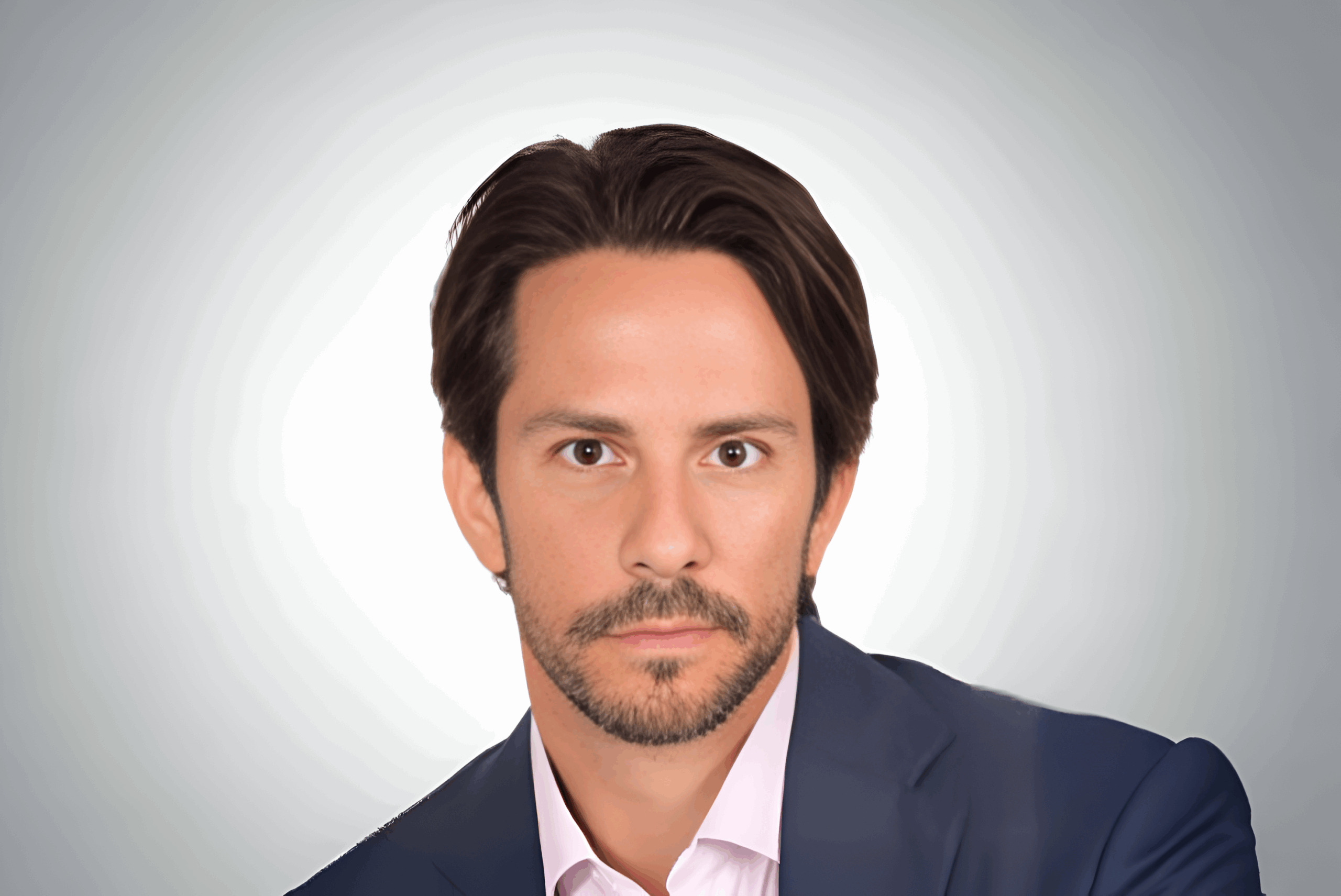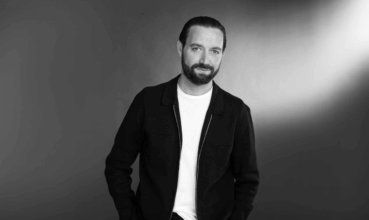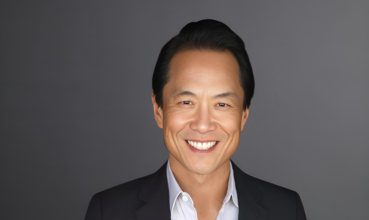Matthew Torres, a Century 21 Scala Group real estate agent, exemplifies how athletic discipline can translate into professional success. Torres, who recently claimed a bronze medal at the Pa...
CIPG's Retail Strategy Capitalizes on Florida's Growth While Others Retreat




“We’re fully integrated. We manage, we lease, we acquire, probably three-quarters of our deals off market. We move quickly. We’re honest guys. We don’t retrade,” says Adam Greenberg, Managing Principal at Commercial Investment Properties Group (CIPG), a firm that has quietly built an impressive portfolio of retail properties across Florida’s most dynamic markets.
While many investors have fled the retail sector, CIPG has doubled down, amassing approximately 2 million square feet under management with ambitious plans to reach 5 million square feet by the end of the decade. Their contrarian approach offers valuable insights for commercial real estate investors navigating today’s challenging landscape.
From Brokers to Owners: The CIPG Origin Story
CIPG’s journey began with a team of experienced commercial real estate professionals who saw an opportunity to apply their expertise as owners rather than intermediaries.
“We were all brokers in one respect or another,” Greenberg explains. “One of us was a commercial leasing broker, two of us were capital markets and investment sales brokers. And then our fourth partner came on board and worked as an analyst for us.”
After years of building expertise in Florida’s open-air retail sector, the team identified a gap in the market. “We didn’t see many private players implementing compelling business plans in that market. We thought we could do a good job ourselves,” says Greenberg.
Their transition from brokers to owners was facilitated by relationships they had built with clients. “Some of our best clients on the sale and debt and equity side decided that they wanted to invest with us, and rather than operating their assets themselves, have us operate the assets while they would be passive investors.”
A Contrarian Strategy in Florida’s Retail Market
CIPG has found success by focusing on specific markets with strong fundamentals. Their strategy is built around several key principles:
- Geographic Focus: “Florida’s major MSAs like Orlando, Tampa, Jacksonville and South Florida are on almost every top 10 retail list. Vacancies are lowest. Demand velocity is highest,” Greenberg observes.
- Market Knowledge: “We know Florida really well, so we have a decent competitive advantage here, having extensive experience and knowing the market.”
- Conservative Financing: “We maintain very low leverage. We’re conservative with bank debt, so we can withstand difficult conditions,” says Greenberg. He notes that the firm typically maintains 50-55% leverage on their properties.
- Long-Term Perspective: “We position ourselves for a generational hold. We don’t typically sell. Sometimes we sell, but it’s rare,” Greenberg explains.
- Operational Excellence: “Many problems are solved by being on the ground and being cognizant and focused on the properties, not overloading our property managers and asset management team.”
This approach has allowed CIPG to thrive even during periods of market volatility. “Even with a potential recession or market volatility, we view that as an opportunity when rates come in for us,” Greenberg says.
The Florida Advantage: Population Growth and Retail Undersupply
CIPG’s confidence in Florida’s retail sector is backed by compelling demographic and economic trends. The state continues to experience significant population growth, with many new residents bringing substantial wealth and spending power.
“There’s so much population growth that even financially stretched households don’t impact the market significantly, because so many people are moving into these areas,” Greenberg explains. “And there are real jobs in those markets.”
This population growth is particularly impactful because many of Florida’s markets have historically been underserved by retail. “Years ago, ICSC presented data showing South Florida needed about 120 million square feet of retail based on national trends,” Greenberg notes. “There’s been substantial population growth in those neighborhoods, without proportional retail expansion, because it’s more profitable to develop high-rise or mid-rise multi-family housing.”
The result is a favorable supply-demand dynamic for retail property owners, especially those focused on necessity-based retail. “We have many essential businesses in our properties,” Greenberg points out. “We have several grocery-anchored shopping centers depending on the market. It could be an Aldi, it could be a Publix… people need to eat.”
Building a Loyal Investor Base Through Trust and Performance
Rather than pursuing institutional capital, CIPG has built a loyal network of high-net-worth individuals and families who invest in every deal.
“We really thought we were going to have institutional partners at this point,” Greenberg admits. “We had a couple of small institutional parties that we tested out a few years ago. And then we have our high-net-worth, succession-oriented, generational investors.”
This investor network has grown organically through referrals. “Every year our investor group grows 10 to 20% just organically,” says Greenberg. The firm’s track record of consistent performance has created extraordinary demand for their offerings. “We’ve been massively oversubscribed on every deal we’ve come out with, including the last one, which filled in under 24 hours.”
The loyalty goes both ways. “We’re really loyal to our investors. They’ve been incredibly loyal to us. They’ve never left us,” Greenberg emphasizes. This mutual commitment has been tested and proven during challenging times. “We have never had a capital call, including during COVID, which is rare, and that builds significant confidence in our investor base.”
Operational Insights: Creating Sustainable Value
CIPG’s approach to property operations reveals several insights that could benefit retail property owners across markets:
- Complementary Tenant Mix: “If you’re going to bring a patron to your center, you want to have two or three reasons to keep them there,” Greenberg advises. “It makes your tenancy sticky and successful, benefiting you in the long term.”
- Tenant Selection Beyond Rent: “We won’t take the highest paying tenant in a market. We’ll take the most accretive and the best fit for our center that can still pay a reasonable rent,” Greenberg explains. This approach prioritizes long-term stability over short-term gains.
- Flexibility in Decision-Making: “Our flexibility sets us apart from everyone else. We can make decisions in a day,” Greenberg notes. “We’ve signed leases in a week for the right tenant,” while institutional owners might take 30 days just to respond to a lease proposal.
Looking Ahead: Growth Opportunities Despite Challenges
Despite identifying insurance costs as a significant challenge for Florida retail property owners, CIPG sees continued opportunity in Florida’s retail landscape. “Our goal over 2024 and 2025 has been to acquire at least three deals per year and reach 3 million square feet by the end of 2026,” Greenberg shares.
The firm is particularly interested in expanding their presence in Florida’s west coast markets. “We really like Naples, Tampa, Sarasota,” says Greenberg. “Tampa has substantial job growth and professional migration from the midwest. It maintains a small town feel with the economic base of a significant city.”
Orlando also remains a focus area, bolstered by major investments in tourism infrastructure. “Epic Universe is investing between $7 and $9 billion for a theme park that’s unlike anything we’ve ever seen. It will likely generate significantly more tourism to that area, in addition to creating jobs.”
For investors looking to navigate today’s uncertain commercial real estate landscape, CIPG’s approach offers a compelling case study in how disciplined focus, operational excellence, and long-term thinking can create sustainable value even in sectors that others might overlook. As Greenberg summarizes their investment philosophy: “The goal here is not that we’re going to quadruple everybody’s money like Bitcoin,” he jokes. “But we’re going to protect your capital and provide safe, passive yield while optimizing returns as much as possible.”
Similar Articles
Explore similar articles from Our Team of Experts.


In an era where property management is increasingly dominated by large corporations and automated systems, Fort Property Management founder Nathan Harr is championing a return to personalize...


“Listening is the most important thing. High-net-worth clients typically know what they want and prefer to express those desires directly. If you listen attentively, you’ll go fa...


Bay Area native James Chung has built The Econic Company into a significant presence in Northern California’s retail real estate sector, managing 40 million square feet of retail space...


In an industry limited by outdated technology, Mike Lewis and his team at LoanPASS have achieved something significant: they have developed a loan decisioning engine that not only matches bu...




